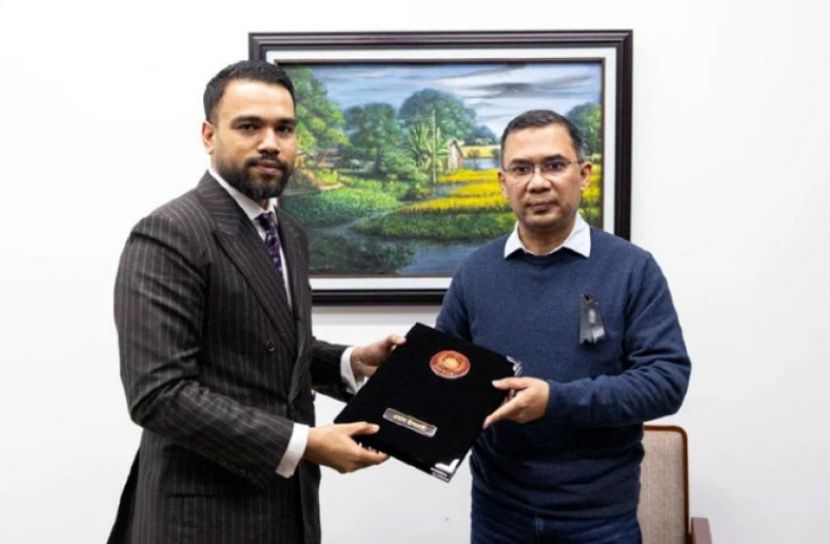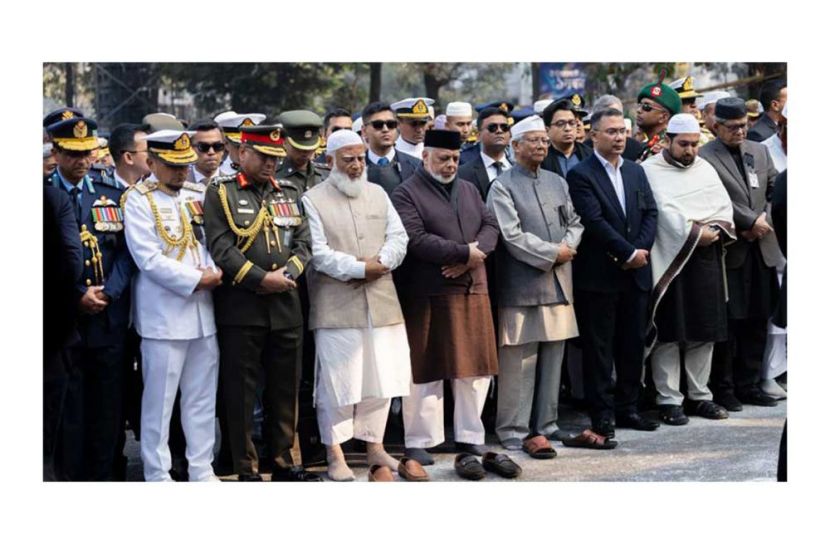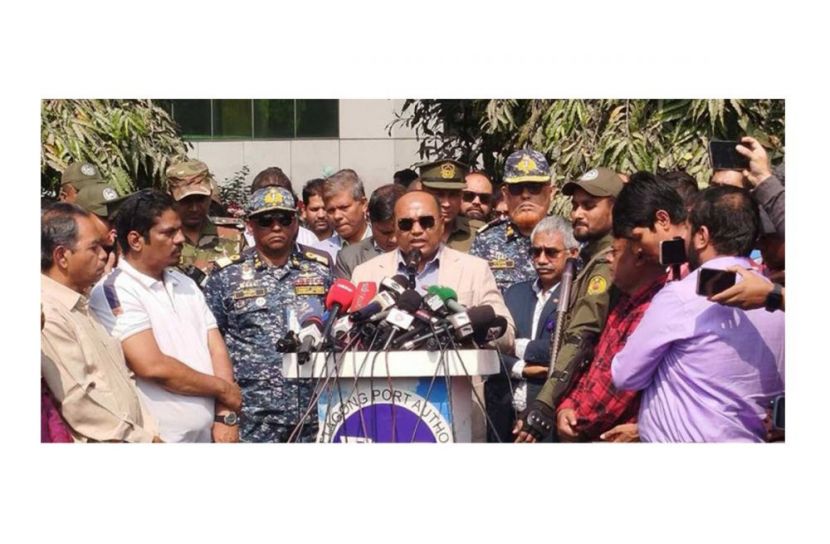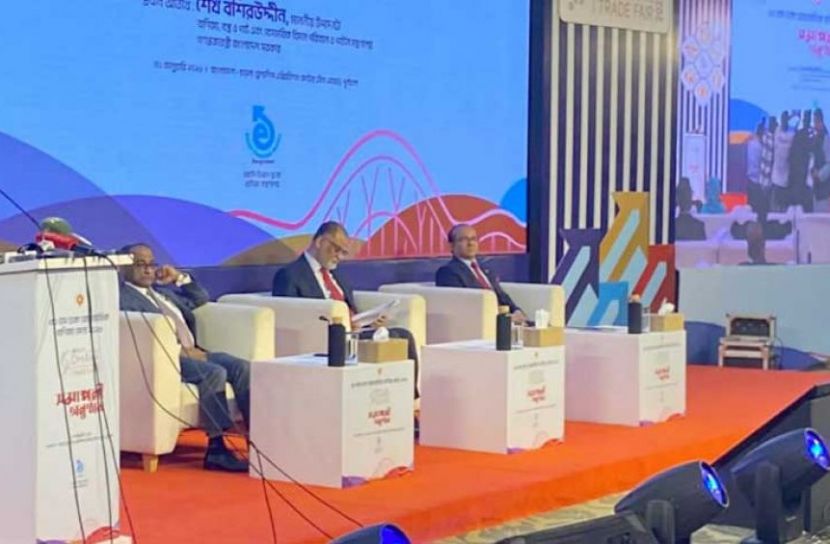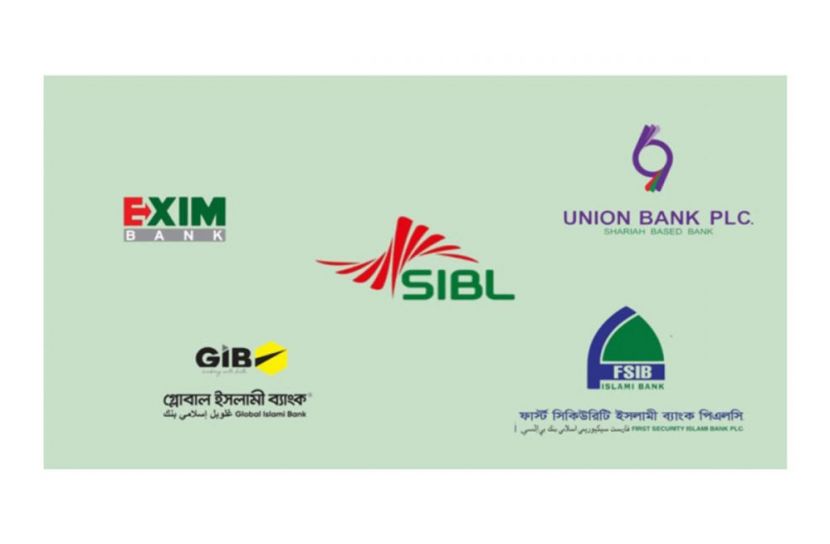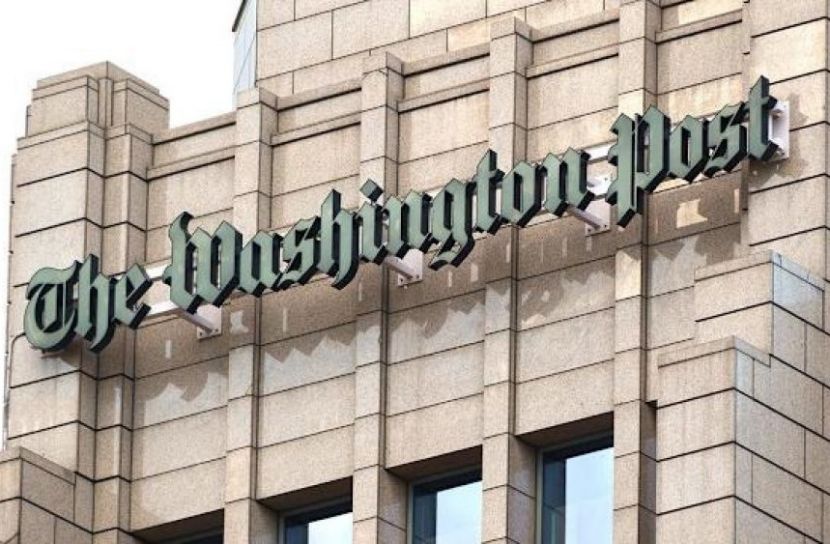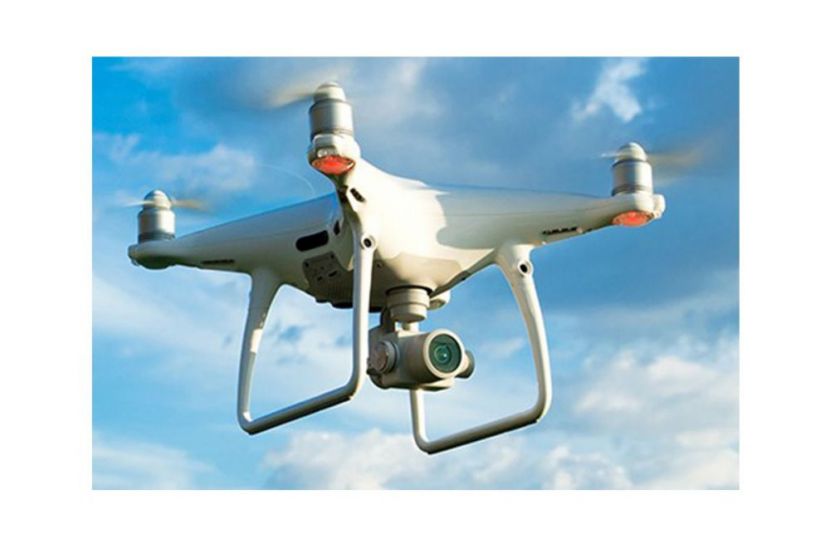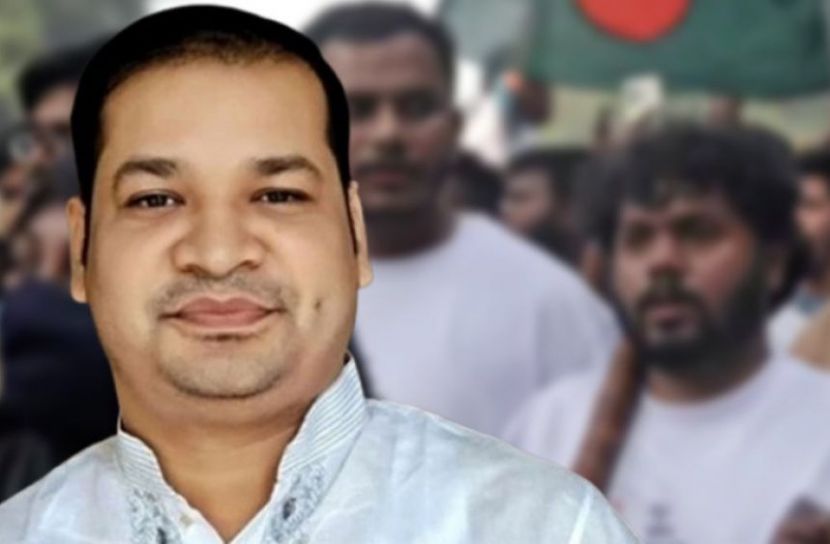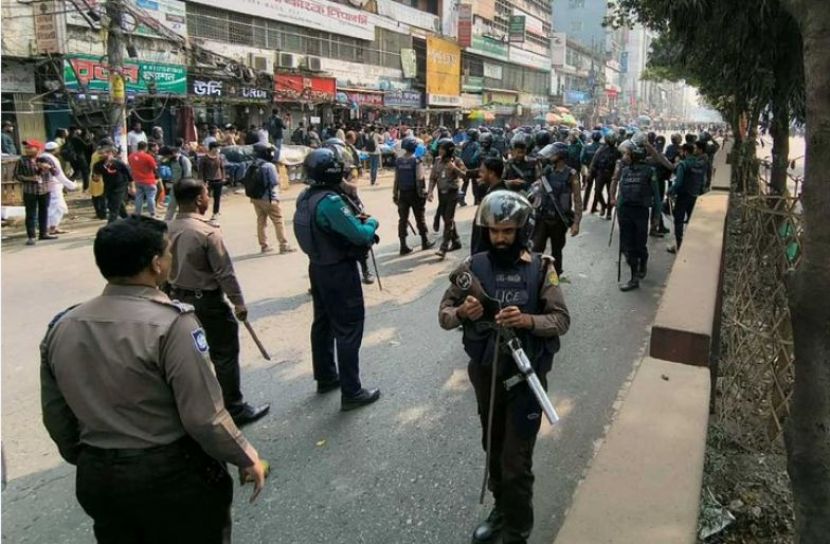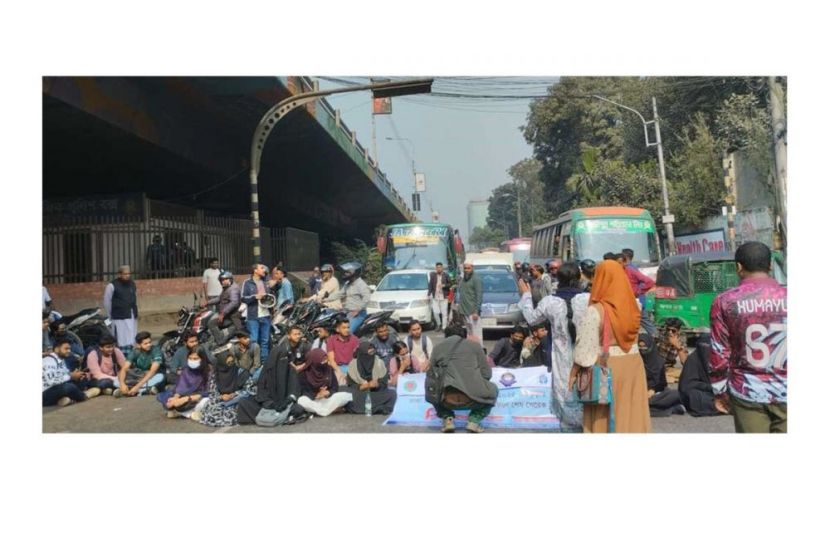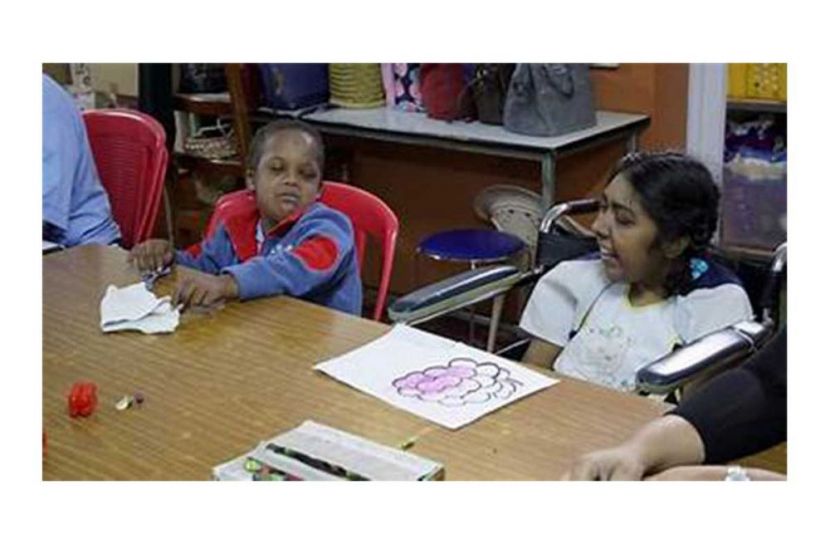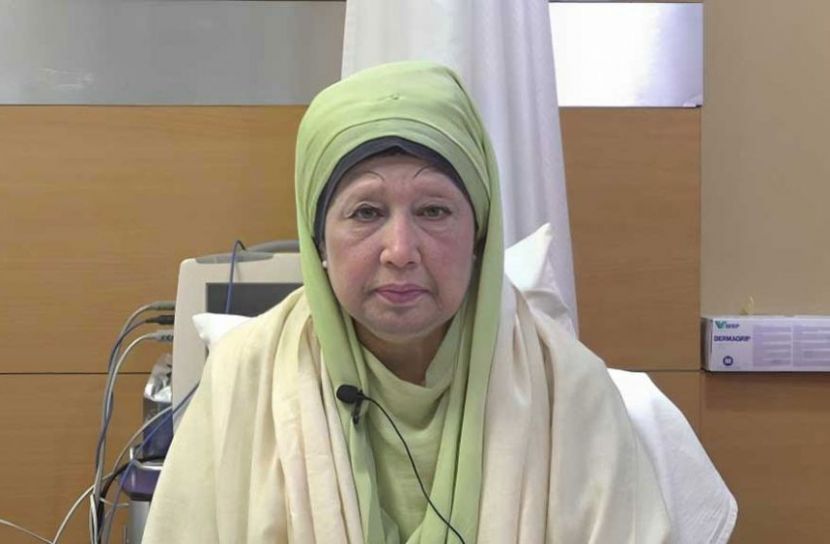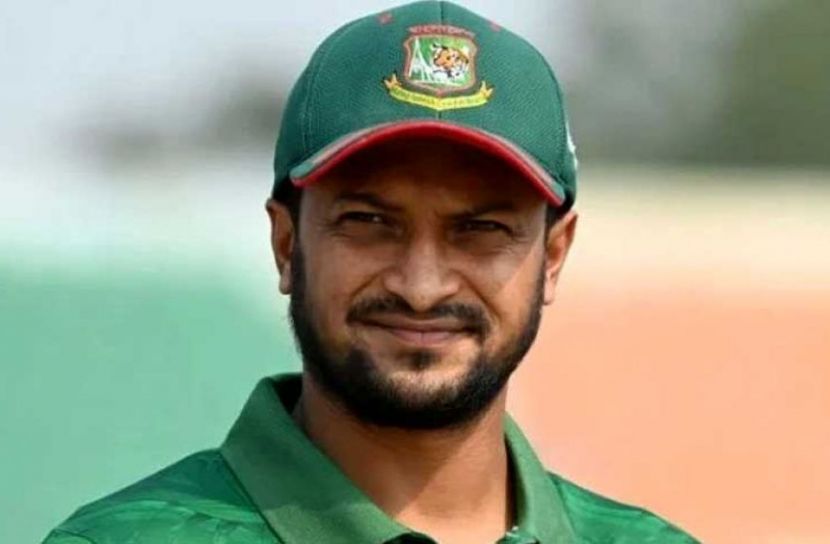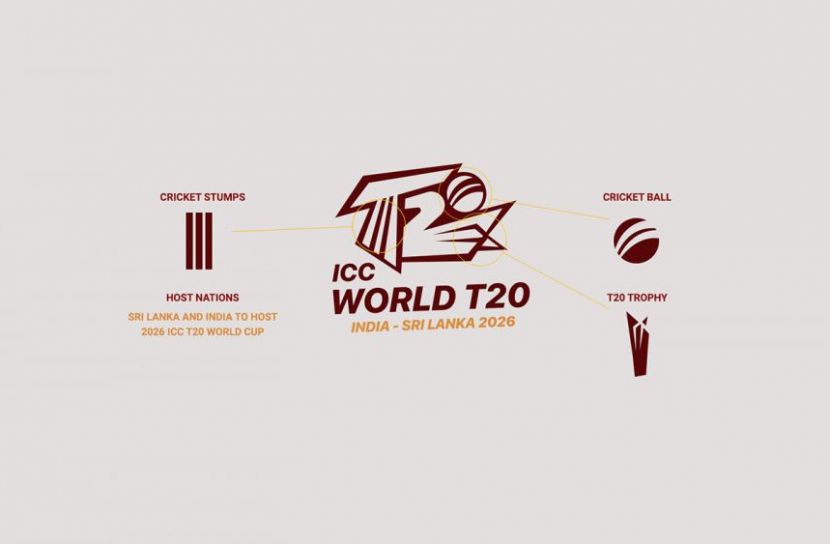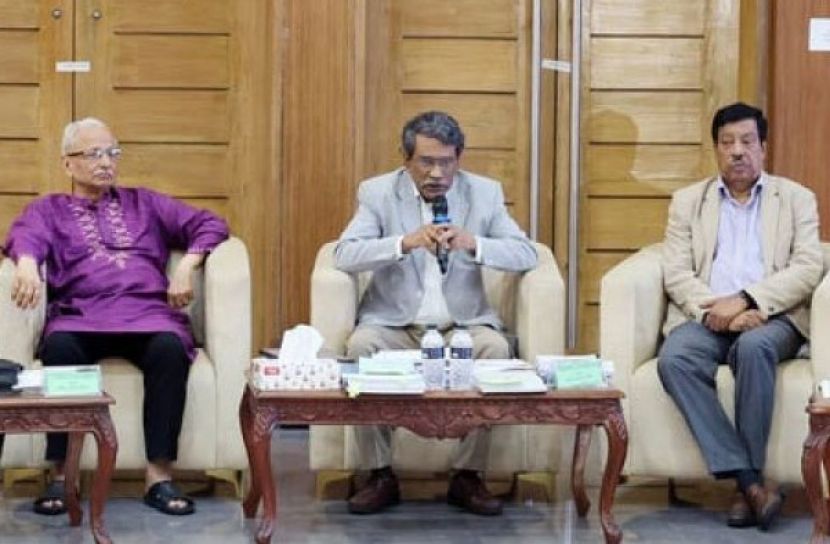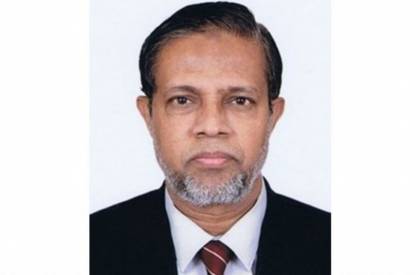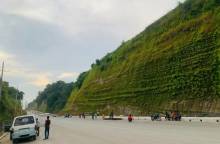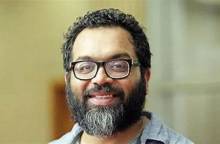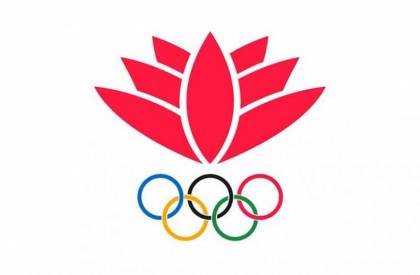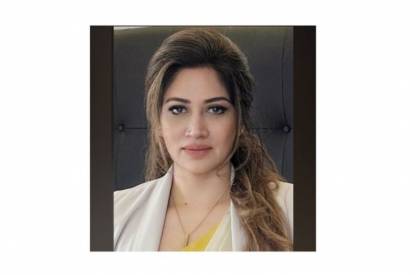National Consensus Commission (NCC) Vice-Chair Prof Ali Riaz on Tuesday said any future amendment to the caretaker government system — once it is reinstated in the constitution — must be done through a national referendum. “There is no disagreement among political parties over restoring the caretaker government system. Therefore, it has been proposed that any future changes to this system should require a referendum,” Prof Riaz told reporters at a press briefing following the 14th day of the second round of reform dialogues at the Foreign Service Academy in Dhaka.
He expressed optimism that a consensus on appointing the chief of the caretaker government could be reached by next week.
Addressing other constitutional issues, Prof Riaz said it was decided that until an upper house is formed, constitutional amendments would require a majority vote in the existing parliament. However, amendments to certain key constitutional provisions — including the preamble, the fundamental principles of state policy, Articles 48, 56, 142, and caretaker system-related Articles 58B, 58C, 58D, and 58E — would mandatorily require a referendum.
Prof Riaz said while most political parties support establishing a bicameral legislature, they remain divided over how the upper house should be formed. Some favour formation based on the proportional share of votes, while others want it based on the proportional share of seats won in the lower house.
“As the parties have failed to reach consensus despite several rounds of discussion, they have entrusted the commission to decide on the matter,” he said, adding that the NCC hopes to build a position on this through informal consultations by next week.
Tuesday’s dialogue was attended by representatives from around 30 political parties and alliances, including the BNP, Jamaat-e-Islami, NCP, Gano Odhikar Parishad, Ganasamhati Andolon, CPB, Revolutionary Workers Party, and AB Party. NCC members Justice Md Emdadul Haque, Dr Iftekharuzzaman, Dr Badiul Alam Majumdar, Safar Raj Hossain, and Dr Md Ayub Miah were present at the session, which was moderated by Chief Adviser’s Special Assistant Monir Haidar.
PT/RA


